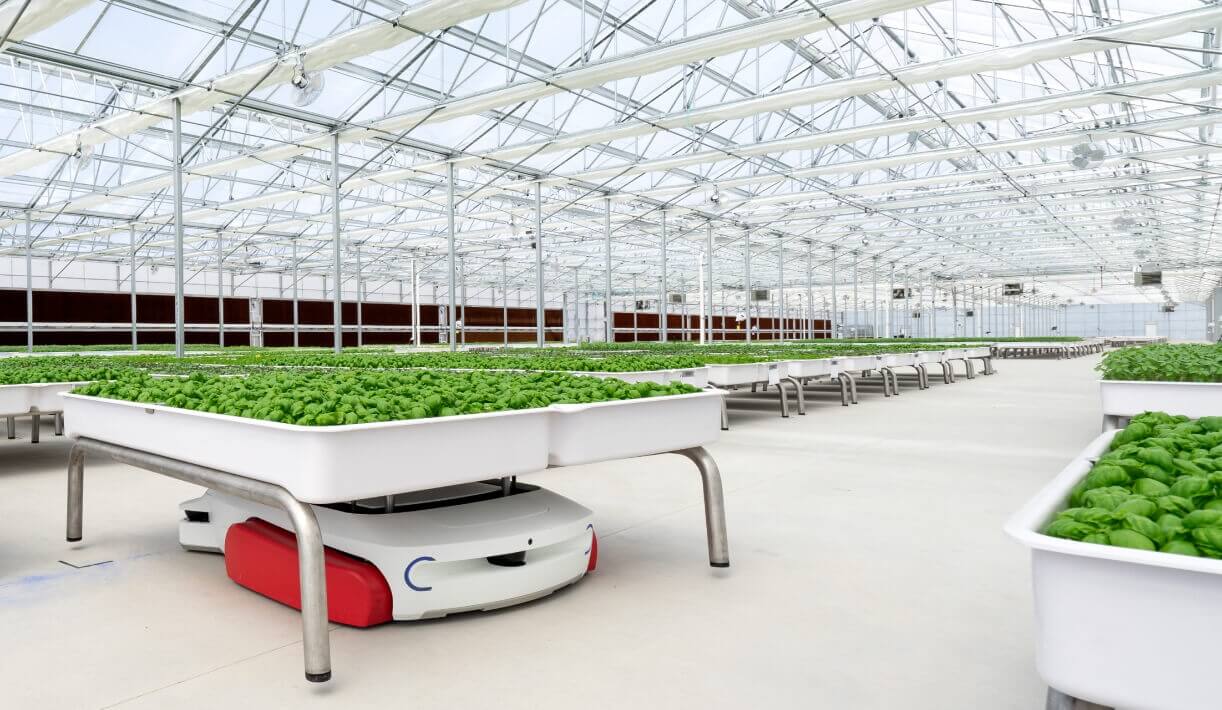Your food probably travels a long way from where it's grown to make it to your kitchen. Some estimates say produce usually moves more than 1,000 miles before it's sold. And while our highly connected economy allows us access to foods from far away, these huge distances can strain our environment.
One company is working to make the agriculture sector more sustainable: Iron Ox is revolutionizing the farming industry by using robotics and artificial intelligence to incorporate sustainable practices into growing food. The company's technology makes sure that it doesn't use more water or space to grow food than is absolutely necessary.
This is how they use roughly one-tenth the water that a traditional field farm does and 15 times less land. In a world of diminishing resources, this could well be the future of agriculture.
Saving water when the Western U.S. undergoes an exceptionally bad drought is good, but Iron Ox doesn't stop there. It uses only about a quarter of the energy as compared to vertical farming, and it prioritizes locally sourced materials, so that its environmental impact is smaller. This means fewer transportation costs — and fewer transportation emissions — associated with the production process.
But what about its yield? Sustainable farming isn't scalable if it can't produce enough food to feed our growing population. Iron Ox's precision farming methods actually produce almost 15% more food than traditional methods. So for those of you keeping score at home: Less water plus less land plus less energy plus less pollution equals more food. Seems like a winning equation, right?
If this technology becomes mainstream, it will be easier to feed our communities while also conserving scarce resources and reducing some of farming's more harmful byproducts. Call it a win-win that the planet and its people really need right now.
Follow The Cool Down on Instagram and subscribe to our newsletter.








